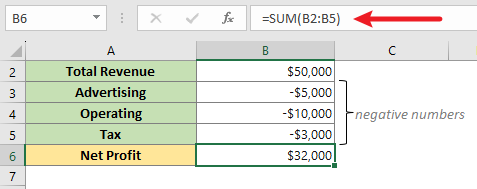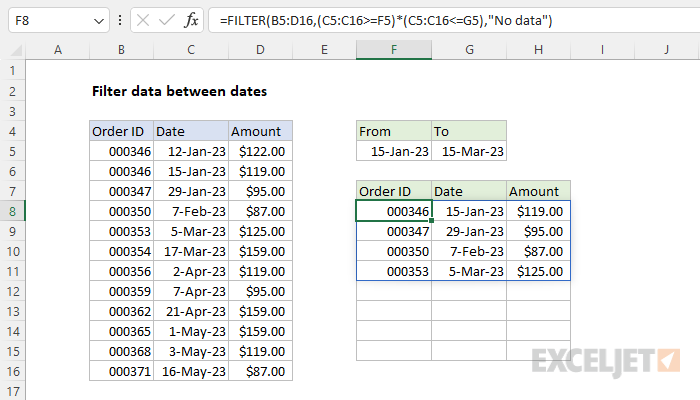Effortlessly Remove Apostrophes in Excel: Simple Guide

In the digital age, spreadsheets are pivotal for organizing, analyzing, and presenting data. Microsoft Excel stands as a titan in this arena, offering an array of functions to manipulate data with ease. One common scenario users often encounter is dealing with apostrophes in data entries. These small symbols can sometimes cause big issues, especially when importing, exporting, or processing data. This guide will explore simple and effective techniques to remove apostrophes in Excel, ensuring your data remains clean and consistent.
Understanding the Problem
Before diving into the solutions, it’s essential to understand why apostrophes might appear in your Excel data:
- Apostrophes can be remnants from text data imports or copying and pasting from other sources.
- They are sometimes used to force numeric data to be treated as text in Excel.
- Text functions or formulas might inadvertently introduce or leave apostrophes.

Manual Removal
The simplest way to remove an apostrophe is manually:
- Select the cell with the apostrophe.
- Press F2 to enter Edit Mode or double-click on the cell.
- Manually delete the apostrophe.
This method is straightforward for a few entries but impractical for large datasets.
Find and Replace Method
For a more efficient approach:
- Press Ctrl + H to open the Find and Replace dialog.
- In the “Find what” field, enter an apostrophe (
‘). - Leave the “Replace with” field empty.
- Click “Replace All” to remove all apostrophes from selected cells or the entire worksheet.
⚠️ Note: This method will also remove apostrophes within words or at the end of text strings. Be cautious when using this on text data where apostrophes are intended.
Text Functions
Excel offers functions to manage text, including handling apostrophes:
Using SUBSTITUTE Function
To remove apostrophes from a single cell or range:
=SUBSTITUTE(A1, “’”, “”)This formula will replace all apostrophes in cell A1 with nothing, effectively removing them. Use this in a new column if you want to keep the original data intact.
Using TEXT to Columns
This method can be used to remove apostrophes from a single column of data:
- Select the column containing the data with apostrophes.
- Go to
Data>Text to Columns. - Choose ‘Delimited’ then proceed to the next step.
- Uncheck all delimiters except for the ‘Other’ checkbox. Type in the apostrophe.
- Finish the wizard to split the text, effectively removing the apostrophes.
Utilizing Power Query
Power Query, part of Excel’s data transformation capabilities, can be a powerful ally:
- Select your data range or table.
- Go to the
Datatab, selectFrom Table/Rangeto load data into Power Query Editor. - Select the column with the apostrophes.
- Use the
Replace Valuesbutton underTransform. - Replace
‘with an empty string.
Scripting for Batch Processing
For large datasets or repetitive tasks, consider scripting with VBA or external tools:
Using VBA
Sub RemoveApostrophes()
Dim rng As Range
For Each rng In ActiveSheet.UsedRange
rng.Value = Replace(rng.Value, “’”, “”)
Next rng
End Sub
This VBA script will loop through all cells in the active worksheet, replacing apostrophes with nothing.
🔍 Note: Always back up your data before running any script, as there is a risk of data loss or unintended changes.
Streamlining Data Hygiene
The techniques discussed provide a comprehensive toolkit for managing and cleaning data. Whether you’re dealing with a small dataset or performing bulk data cleaning, Excel offers solutions tailored to your needs:
- Manual methods for small, specific adjustments.
- Find and Replace for quick, global changes.
- Text functions and Power Query for structured data manipulation.
- VBA scripting for customized, large-scale data processing.
By applying these methods, you can ensure your Excel spreadsheets remain clean and consistent, facilitating seamless data analysis and reporting. Remember, maintaining data hygiene is not just about removing unwanted characters; it's about creating a reliable foundation for your data-driven decisions.
Can I remove apostrophes from a specific range of cells only?
+Yes, you can select any range of cells before applying methods like Find and Replace, Power Query, or VBA scripting to target only those cells.
Will these methods remove apostrophes from text within words?
+Yes, most of these methods will remove apostrophes from all positions in the text, which might not be desirable if you need to preserve them within words or at word ends.
Is there a way to undo the changes after removing apostrophes?
+Excel’s undo feature (Ctrl + Z) will work immediately after the change. For Power Query or VBA, make sure to work on a copy or have backups.
How can I ensure data integrity when cleaning apostrophes?
+Always work with a copy of your original data. Use Power Query or VBA with caution and review changes post-process to ensure accuracy.
Can these methods be applied to other data cleaning tasks?
+Yes, the principles outlined here can be adapted for other data cleaning tasks, such as removing unwanted characters, trimming spaces, or standardizing text.



